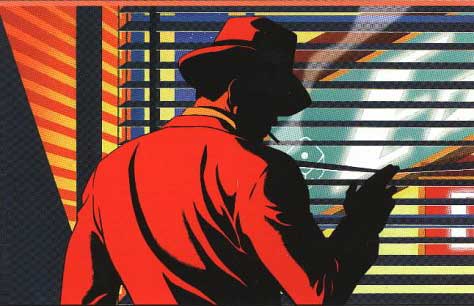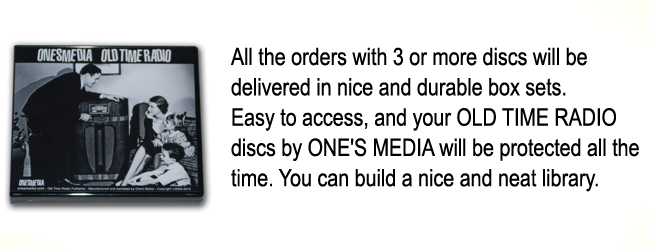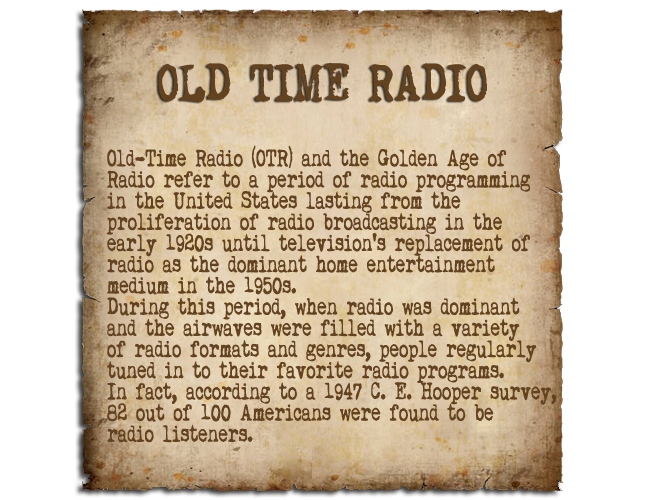|
Philip Marlowe is a
fictional character created by Raymond Chandler in a series
of novels including The Big Sleep and The Long Goodbye.
Marlowe first appeared, under that name, in The Big Sleep,
published in 1939. Chandler's early short stories, published
in pulp magazines like Black Mask and Dime Detective,
featured essentially identical characters with names like "Carmady"
and "John Dalmas." Some of those short stories were later
combined and expanded into novels featuring Marlowe, a
process Chandler called "cannibalizing." When the
non-cannibalized stories were republished years later in the
short story collection The Simple Art of Murder, Chandler
changed the names of the protagonists to Philip Marlowe.

Philip Marlowe's character is foremost within the genre of
hardboiled crime fiction that originated in the 1920s, most
notably in Black Mask magazine, in which Dashiell Hammett's
The Continental Op and Sam Spade first appeared.
Underneath the wisecracking, hard drinking, tough private
eye, Marlowe is quietly contemplative and philosophical, and
enjoys chess and poetry. While he is not afraid to risk
physical harm, he does not dish out violence merely to
settle scores. Morally upright, he is not fooled by the
genre's usual femmes fatale, such as Carmen Sternwood in The
Big Sleep.
Chandler's treatment of the detective novel exhibits a
continuing effort to develop the art form. His first full
length book, The Big Sleep, was published when Chandler was
51; his last, Playback, at 70. All eight novels were
produced in the last two decades of his life.
In a letter to D. J.
Ibberson, written 19 April 1951, Chandler noted among other
things that Marlowe is 38 years old and was born in Santa
Rosa, California. He had a couple of years at college and
some experience as an investigator for an insurance company
and the district attorney's office of Los Angeles County; he
was fired from the D.A.'s office for insubordination (or, as
Marlowe put it, "talking back"). The D.A.'s chief
investigator, Bernie Ohls, is a friend and former colleague,
and a source of information for Marlowe within law
enforcement.
Marlowe is slightly over six feet (about 185 centimetres)
tall and weighs about 190 pounds (86 kilograms). He lives at
the Hobart Arms, on Franklin Ave. near N. Kenmore Ave. His
office is two miles away at #615 on the 6th floor of the
Cahuenga Building, which is located on Hollywood Boulevard
near Ivar. North Ivar Avenue is between North Cahuenga
Boulevard to the west and Vine Street to the east. The
office telephone number is GLenview 7537. Marlowe's office
is modest and he doesn't have a secretary (unlike his
contemporary, Sam Spade). He generally refuses to take
divorce cases.
He smokes and prefers Camels. At home, he sometimes smokes a
pipe. An adept chess player, he almost exclusively plays
against himself.
He drinks whiskey or brandy frequently and in relatively
large quantities. For example, in The High Window, he gets
out a bottle of Four Roses, and pours glasses of the blended
American whiskey for himself, for Det. Lt. Breeze and for
Spangler. At other times he is drinking Old Forester, a
Kentucky bourbon: "I hung up and fed myself a slug of Old
Forester to brace my nerves for the interview. As I was
inhaling it I heard her steps tripping along the corridor."
(The Little Sister)
Marlowe is adept at using liquor to loosen the tongues of
people from whom he needs to extract information. An example
is in The High Window, when Marlowe finally persuades the
detective-lieutenant, whose "solid old face was lined and
grey with fatigue", to take a drink and thereby loosen up
and give out. "Breeze looked at me very steadily. Then he
sighed. Then he picked the glass up and tasted it and sighed
again and shook his head sideways with a half smile; the way
a man does when you give him a drink and he needs it very
badly and it is just right and the first swallow is like a
peek into a cleaner, sunnier, brighter world." See also
Marlowe's interrogation of Jessie Florian in Farewell My
Lovely.
He makes good coffee, eschewing the use of filters (see
Farewell My Lovely). He takes his coffee with cream in the
mornings, but has it black at other times.
At the time of writing he was probably carrying a 9x19mm
Parabellum Luger P08 pistol, but switched to a .32 ACP Colt
Model 1903 Pocket Hammerless, then to a .38 Special Smith &
Wesson Model 10 [1]. Phillip Marlowe also carried a Model
1911 semi-automatic pistol chambered in .38 Super in the
book The High Window.
See also Raymond Chandler, Novels and Other Writings
(Library of America, 1995, ISBN 1-883011-08-6) for other
letters.
|





